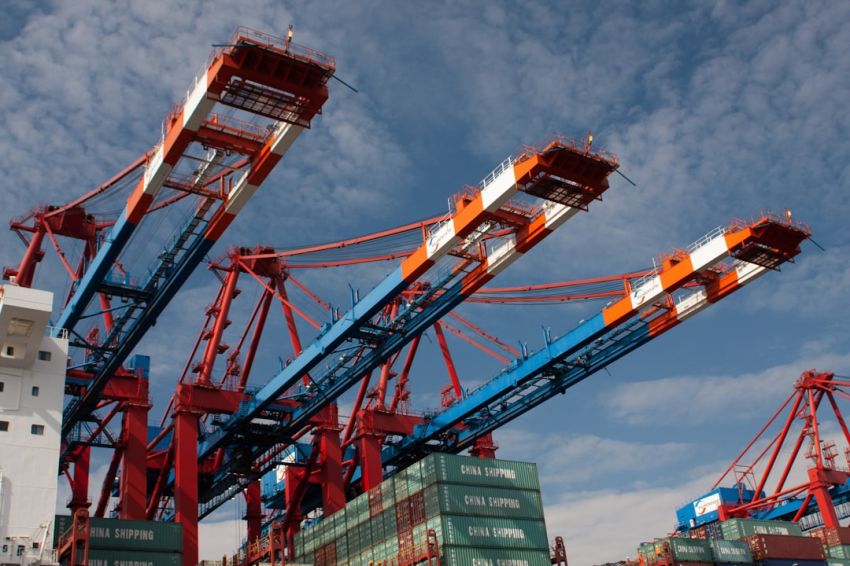Trade wars have become a prominent feature in today’s global economic landscape, with major economies engaging in tit-for-tat tariff impositions in an attempt to protect their domestic industries. The effects of these trade wars can have far-reaching consequences on economies around the world, influencing various aspects of economic activity and financial markets. Understanding these effects is crucial for policymakers, businesses, and individuals alike to navigate the complexities of an increasingly interconnected global economy.
Impact on Trade Flows and Supply Chains
One of the most immediate effects of trade wars is disruption to established trade flows and supply chains. Tariffs and trade barriers imposed by countries can lead to higher costs for imported goods, making them less competitive in international markets. This can result in a decline in exports and a slowdown in trade activity between countries involved in the trade war. As a consequence, businesses may need to reevaluate their supply chain strategies, potentially leading to higher costs and operational inefficiencies.
Price Inflation and Consumer Impact
Trade wars can also have a direct impact on consumer prices and inflation. When tariffs are imposed on imported goods, the cost of production for businesses may increase, leading to higher prices for consumers. This can erode purchasing power and reduce overall consumer spending, which is a significant driver of economic growth. Inflationary pressures stemming from trade wars can also influence central bank policies, leading to adjustments in interest rates to curb rising prices.
Business Uncertainty and Investment
Uncertainty surrounding trade policies and the potential escalation of trade tensions can create a challenging environment for businesses looking to make long-term investment decisions. The unpredictability of trade wars can hinder business planning and investment strategies, leading to delays or cancellations of capital expenditure projects. This can have a dampening effect on economic growth, as businesses hold back on expansion plans until there is greater clarity on trade policies and market conditions.
Financial Market Volatility
Trade wars can contribute to heightened volatility in financial markets as investors react to changing trade dynamics and geopolitical developments. Stock markets, currency exchange rates, and commodity prices can experience fluctuations in response to trade war-related news and announcements. Uncertainty surrounding the outcome of trade negotiations can lead to increased risk aversion among investors, potentially triggering sell-offs and market corrections. Managing investment portfolios in such uncertain times requires a keen understanding of the potential risks and opportunities presented by trade wars.
Global Economic Growth Prospects
The cumulative impact of trade wars on individual economies can have broader implications for global economic growth prospects. A slowdown in trade activity, reduced consumer spending, and business uncertainty can collectively weigh on the overall economic performance of countries involved in trade disputes. This can ripple through the global economy, affecting interconnected supply chains and financial markets. The International Monetary Fund (IMF) and other economic institutions closely monitor the effects of trade wars on global growth projections, highlighting the need for coordinated policy responses to mitigate the adverse effects of protectionist measures.
Navigating the Complexities of Trade Wars
As trade wars continue to unfold on the global stage, policymakers, businesses, and individuals must adapt to the evolving economic landscape shaped by trade tensions. Strategies for mitigating the effects of trade wars include diversifying supply chains, exploring new market opportunities, and staying informed about trade policy developments. Collaboration among countries to find mutually beneficial solutions to trade disputes is essential for fostering sustainable economic growth and stability in an interconnected world.
In conclusion, the effects of trade wars on economies are multifaceted and can have lasting implications for global economic stability. From disrupting trade flows and supply chains to impacting consumer prices and investment decisions, trade wars present challenges that require proactive responses from stakeholders across sectors. By understanding the dynamics of trade wars and their effects, individuals and organizations can better navigate the complexities of an increasingly interconnected global economy.










